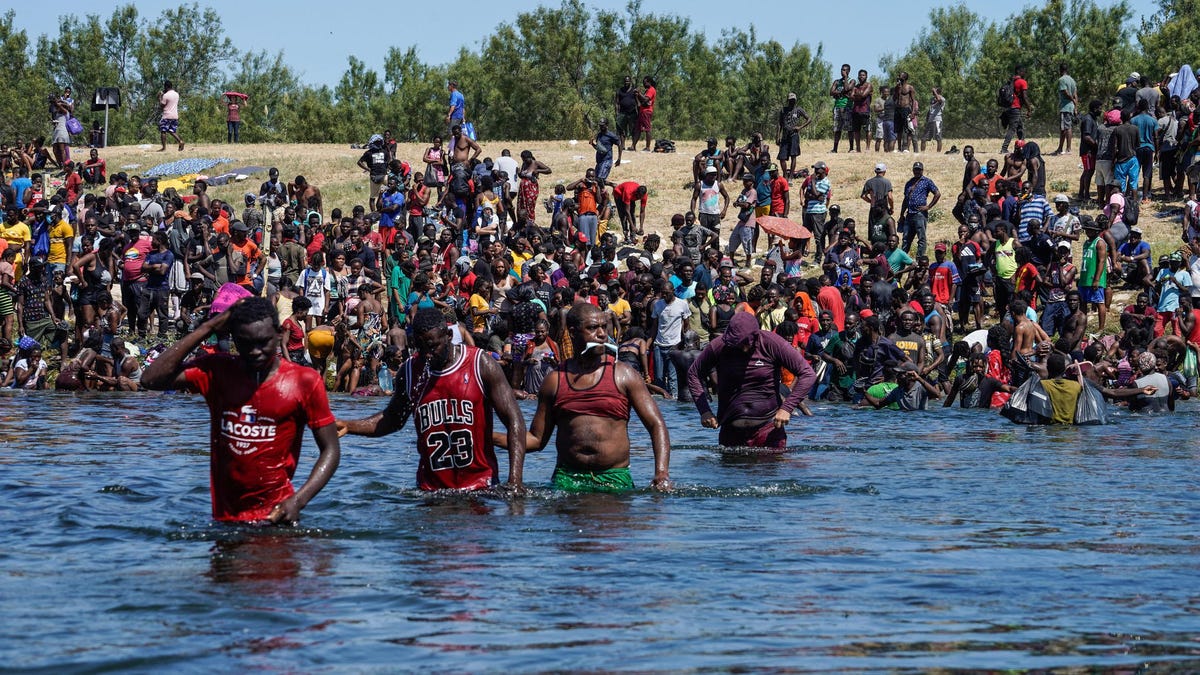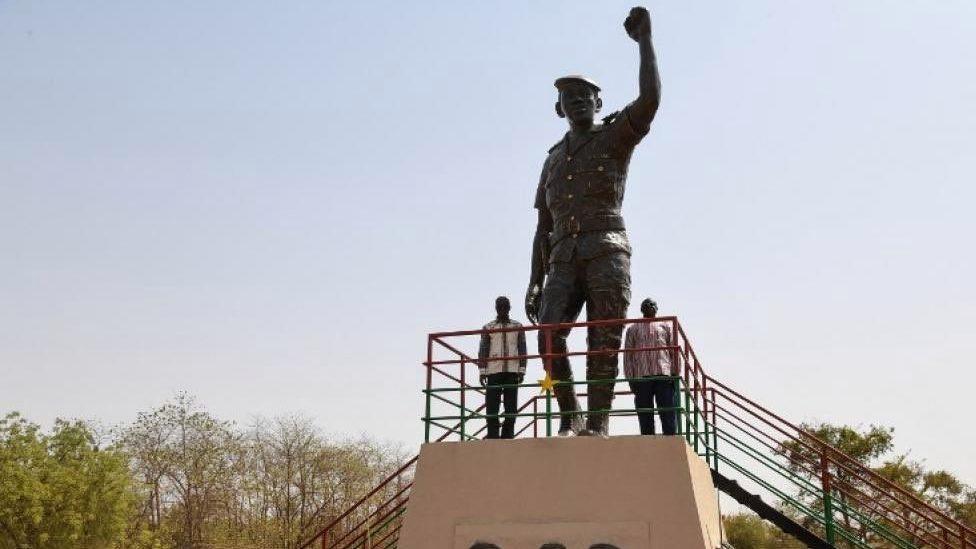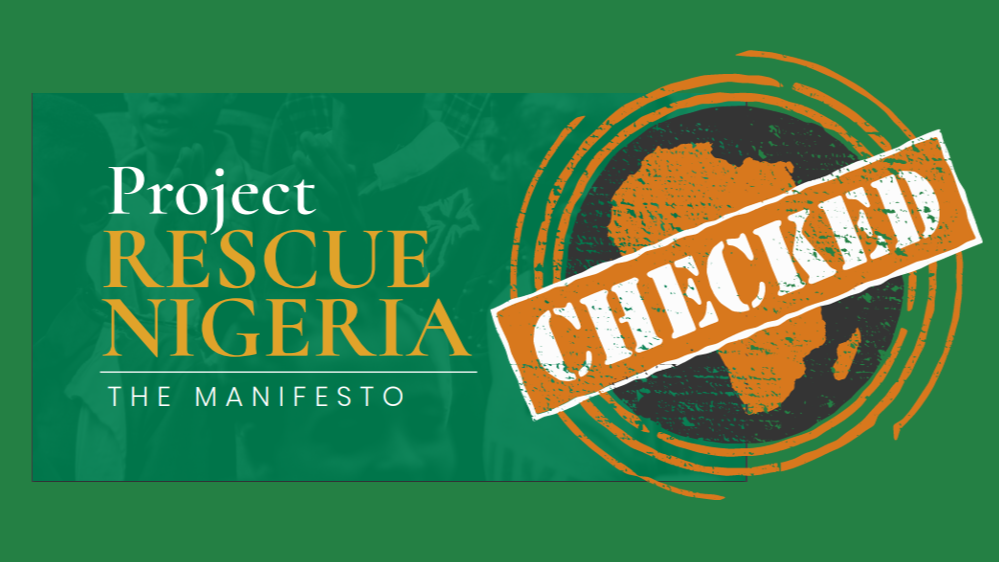This past week, while looking at the heart-wrenching images of Haitian migrants—packed by the thousands under the Del Rio International Bridge, in Texas, or crossing at shallow points of the Rio Grande, or being chased by Border Patrol agents on horseback, or landing back in Haiti for the first time in years—I thought of some of my family’s own migration nightmares. I remembered my mother telling me how, while living in New York on an expired tourist visa, in the nineteen-seventies, she was arrested during an immigration raid at a garment factory. She was pregnant at the time with one of my younger brothers. Spotting and cramping, and held in a crowded cell, she thought that she’d miscarried, until she was finally seen by a doctor a few days later. I remembered my eighty-one-year-old uncle Joseph dying in U.S. immigration custody in Miami, in 2004, after fleeing Port-au-Prince’s Bel Air neighborhood in the wake of a bloody United Nations forces operation. He was detained by U.S. Immigration and Customs Enforcement after requesting asylum at Miami International Airport.
His medications were taken away, and, after his health deteriorated, he was brought to a local hospital’s prison ward, where he died shackled to a bed. I also remembered the hundreds of men and women I have seen at Port-au-Prince’s Toussaint Louverture Airport over the past decade, heading out of the country toward newer destinations, as hopeful and determined as my parents once had been to travel abroad, find work, send money home to their families, and eventually offer a better life to their children.
*The views of the above article are those of the author and do not necessarily reflect the views of Africa Speaks 4 Africa or its editorial team.




